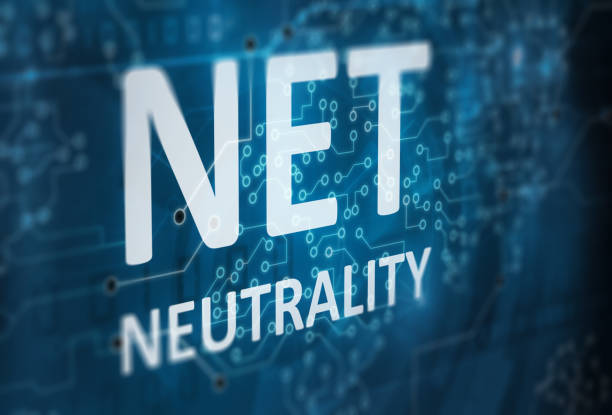In the ever-evolving digital landscape, net neutrality has emerged as a hot-button issue, stirring debates and sparking concerns among internet users and policymakers alike. As technology continues to shape our lives, it becomes crucial to understand the legal implications surrounding net neutrality and its potential impact on online freedom and accessibility. In this blog post, we will delve into the depths of net neutrality, exploring its significance, key legal aspects, and the potential consequences of its absence.
Understanding Net Neutrality:
Net neutrality refers to the principle that all internet traffic should be treated equally, without any discrimination or preference given to certain websites, applications, or online content. In other words, it ensures that internet service providers (ISPs) treat all data equally, enabling users to access and use the internet without any restrictions or limitations imposed by their service providers.
Legal Framework:
Net neutrality is not only a concept of technological ethics but also has significant legal implications. Various countries have adopted different approaches to address net neutrality within their jurisdictions. In the United States, for example, net neutrality was protected under the Open Internet Order of 2015, which classified broadband internet as a utility under Title II of the Communications Act. However, the legal landscape shifted in 2017 when the Federal Communications Commission (FCC) repealed the Open Internet Order, opening the door for potential changes to net neutrality regulations.
The Battle for an Open Internet:
The absence of net neutrality regulations has raised concerns about the potential consequences for internet users and businesses. One of the main concerns is the creation of internet “fast lanes” and “slow lanes” where ISPs can prioritize certain types of internet traffic over others. This has the potential to stifle competition and innovation, as smaller businesses may struggle to afford the cost of accessing fast lanes, thus creating an uneven playing field.
Furthermore, without net neutrality, ISPs could theoretically block or throttle certain websites or applications. This raises serious concerns regarding freedom of expression and access to information, as ISPs could control what content users can access and at what speed. Such control can be particularly troubling in the context of political discourse and the dissemination of unbiased news.
The Global Perspective:
Net neutrality has become a global issue, with countries around the world grappling with how to regulate the internet in a fair and equitable manner. While some countries, like the Netherlands and Slovenia, have enshrined net neutrality principles into law, others are still in the process of formulating regulations or have yet to take concrete steps.
Looking Ahead:
As technology continues to advance and shape our digital landscape, the importance of a free and open internet cannot be overstated. The debate surrounding net neutrality is far from over, and its legal implications will continue to be at the forefront of discussions among policymakers, legal experts, and internet users alike. Striking the right balance between promoting innovation, competition, and protecting users’ rights will be paramount in shaping the future of net neutrality.
Net neutrality remains a complex and evolving legal issue with far-reaching implications for the future of the internet. Understanding the legal framework and potential consequences is essential for internet users, policymakers, and businesses alike. By staying informed and engaging in discussions surrounding net neutrality, we can contribute to the ongoing efforts to preserve an open and accessible internet for all. Let us strive for a future where the principles of net neutrality are upheld, ensuring equal opportunities and unhindered access to information in the digital realm.
